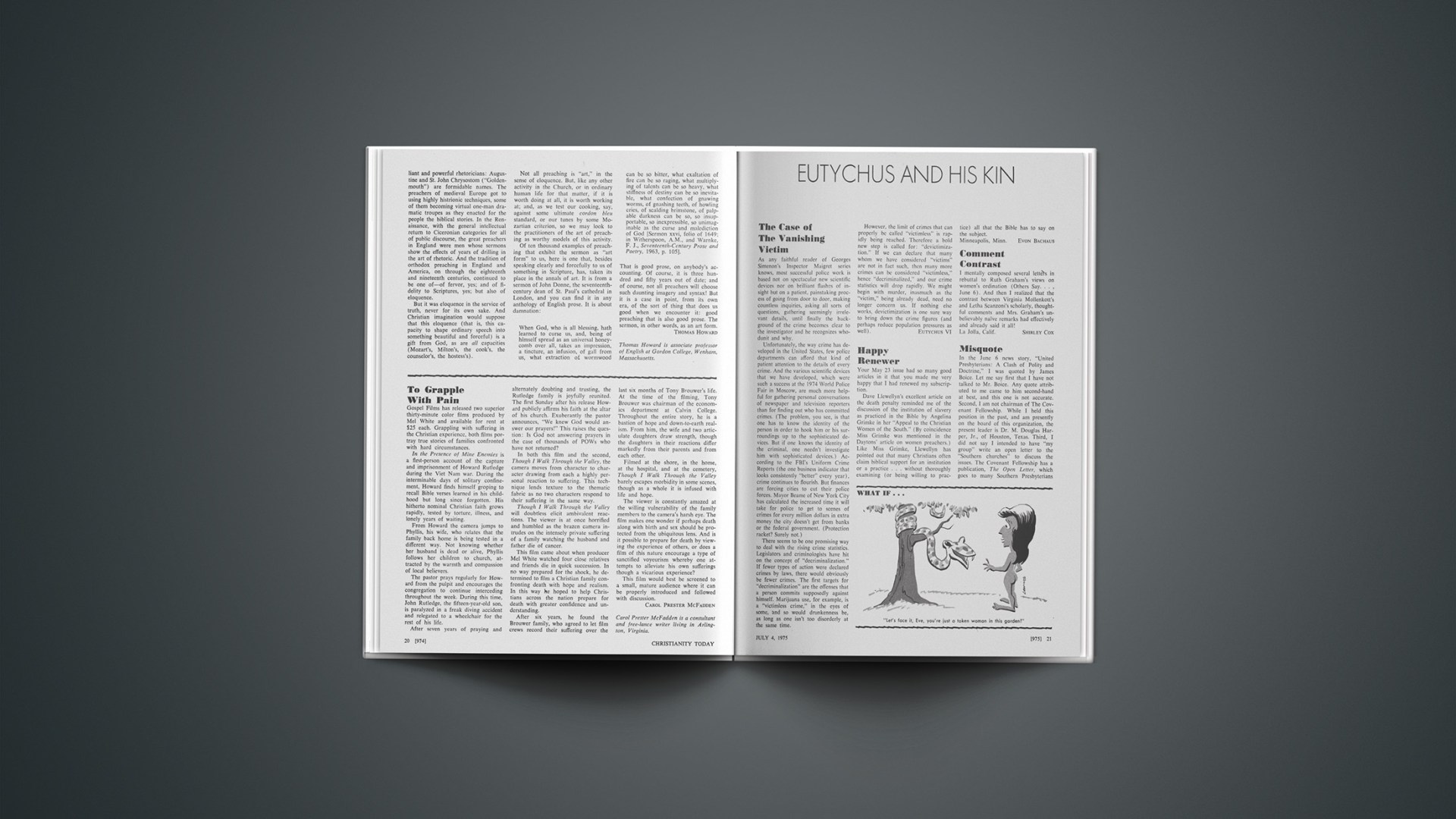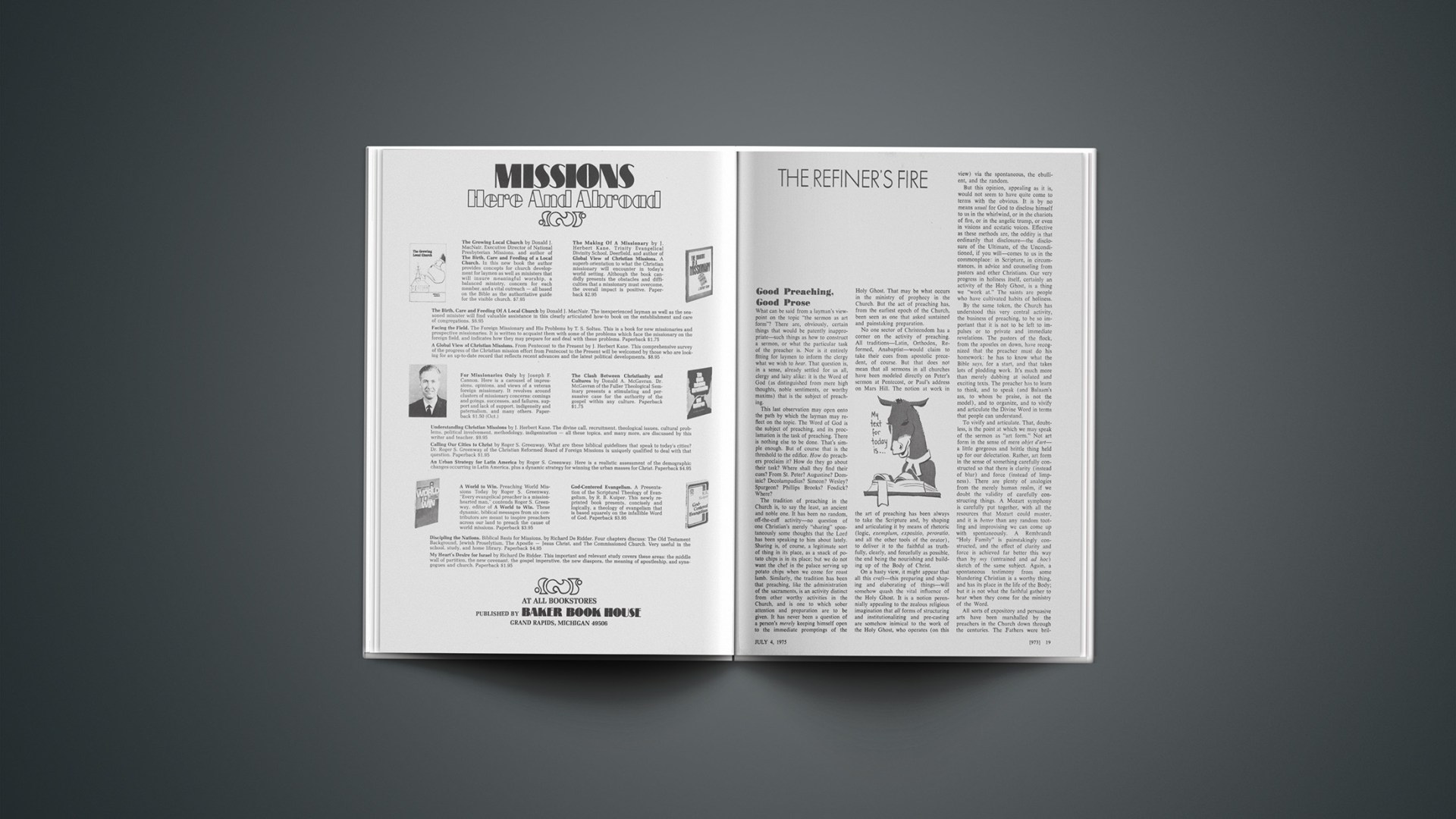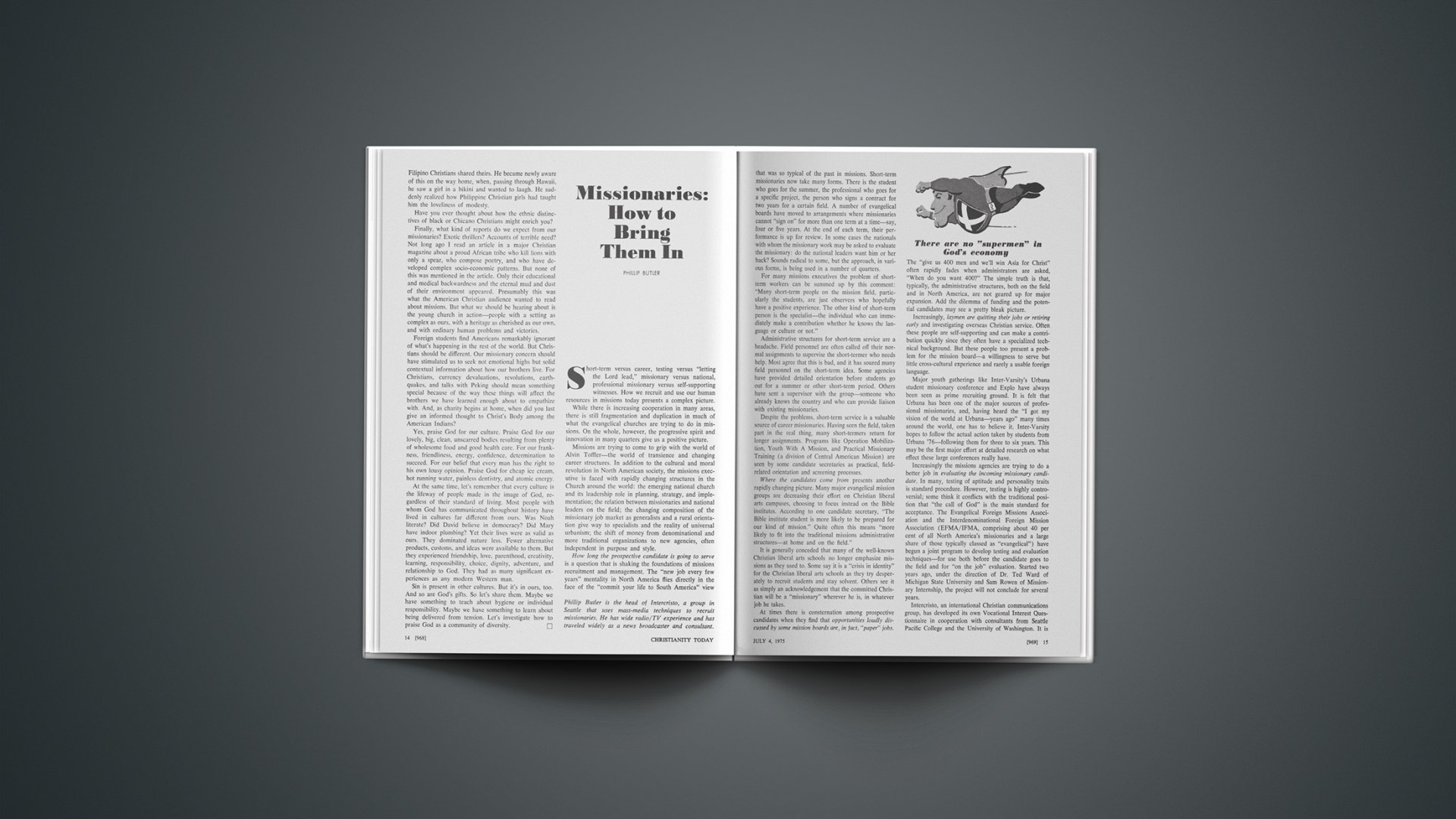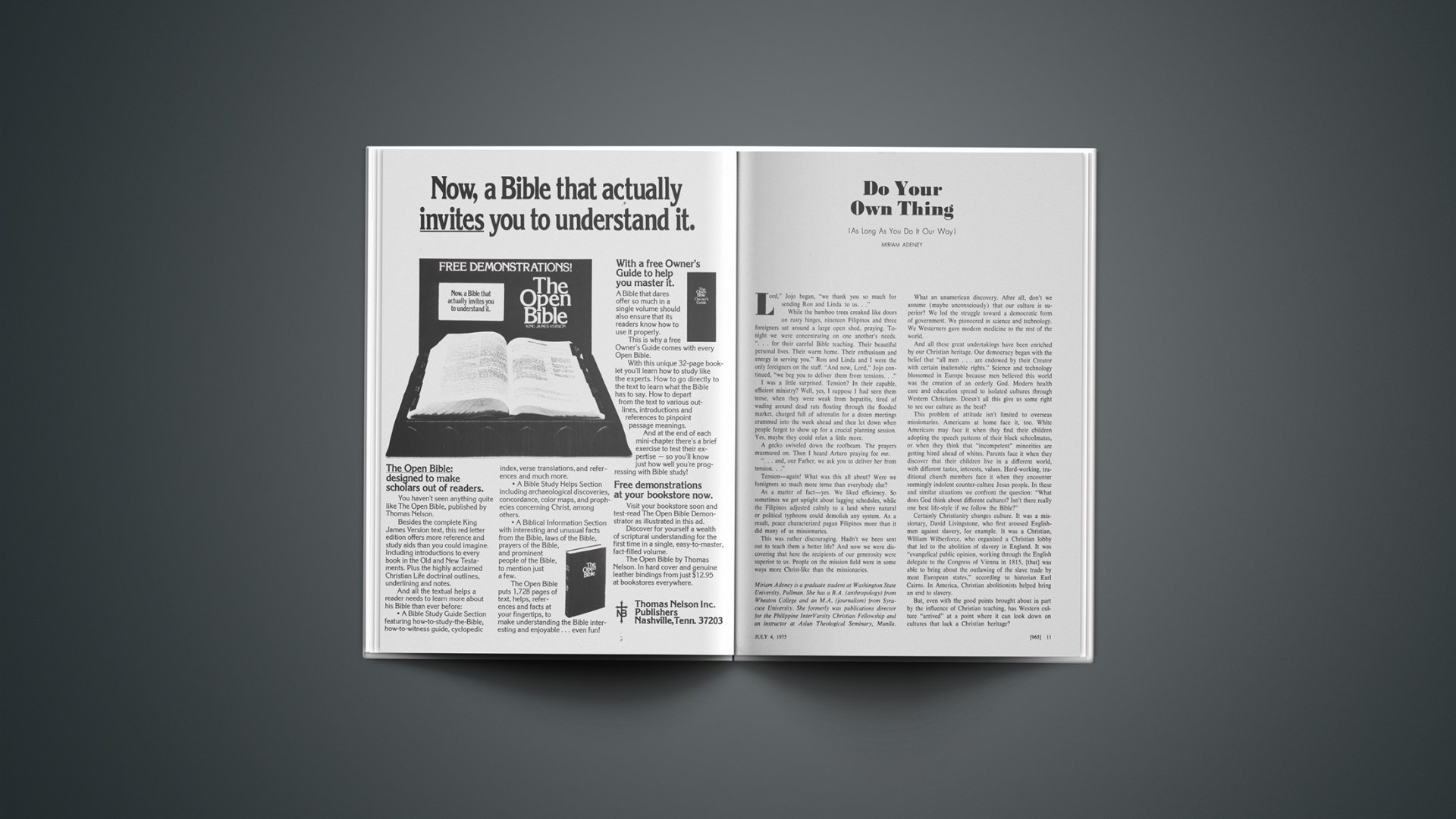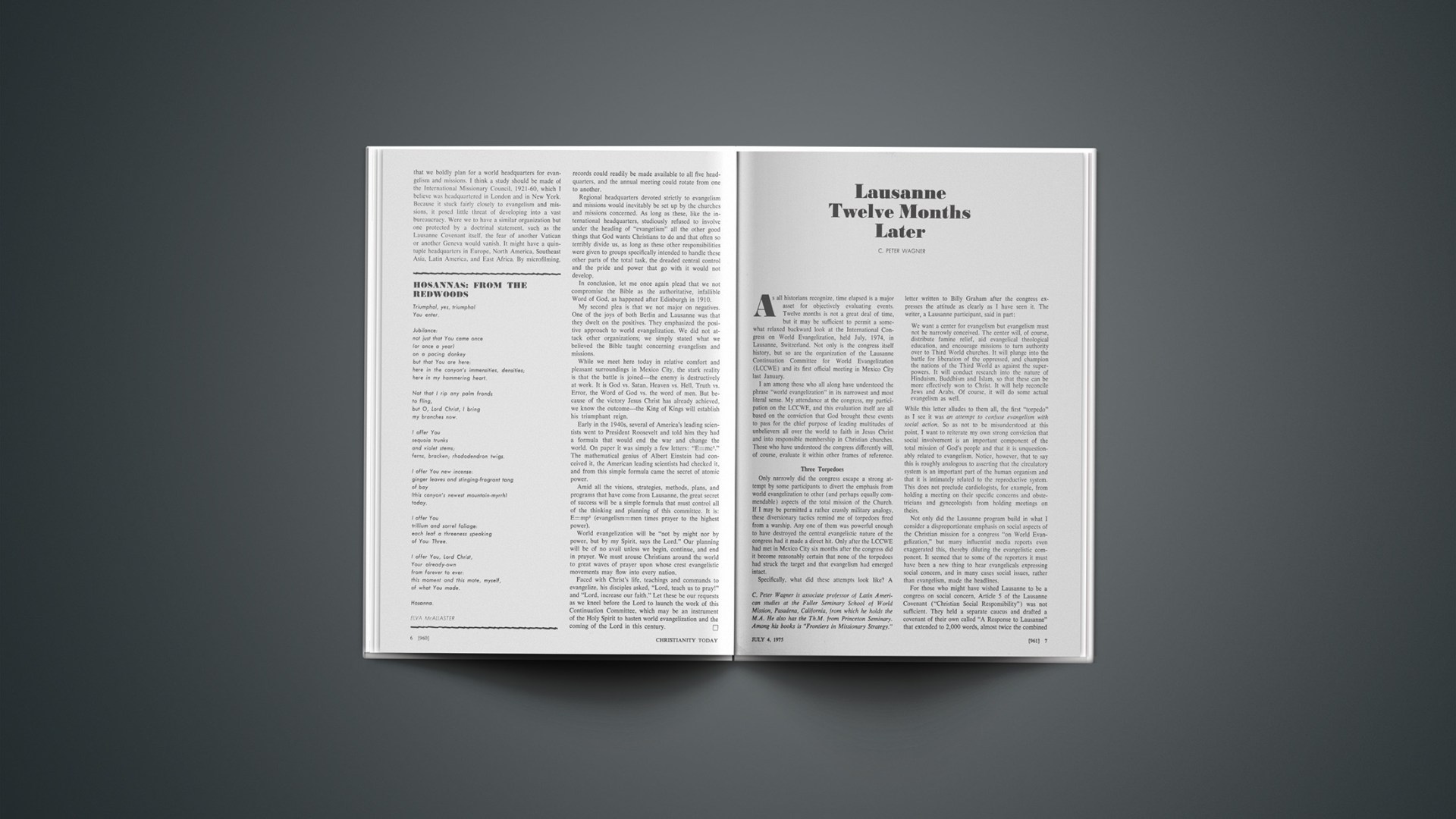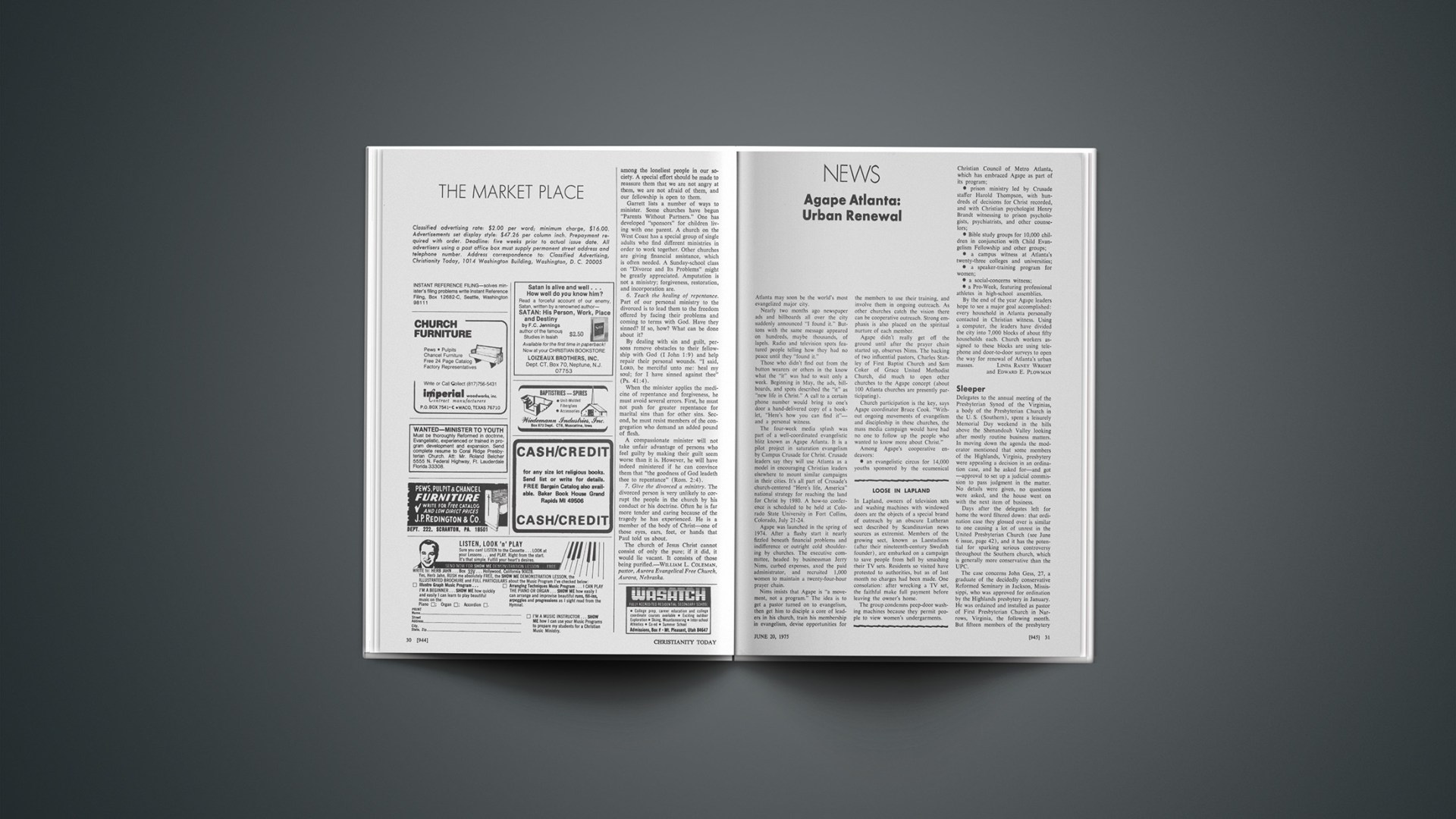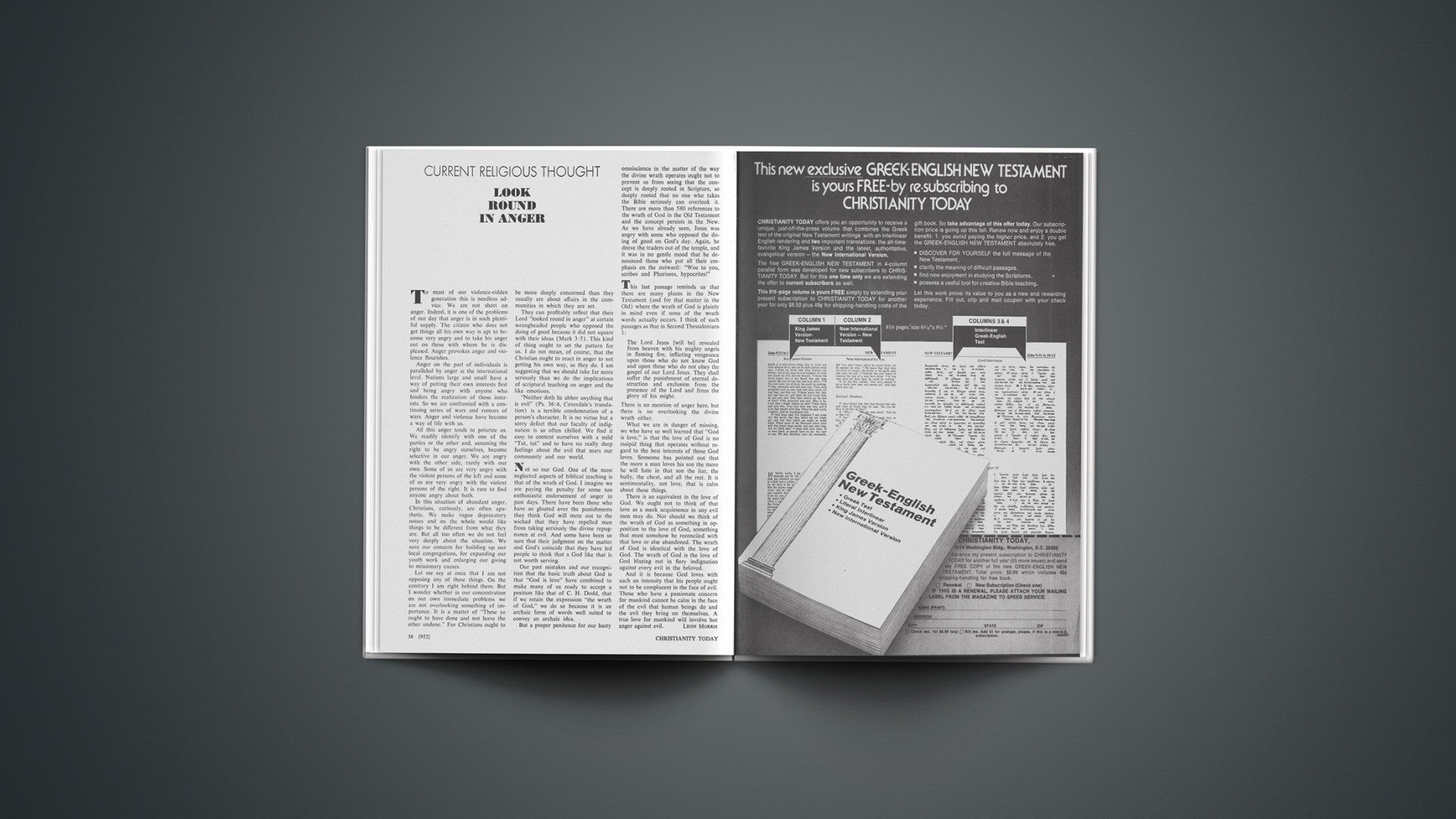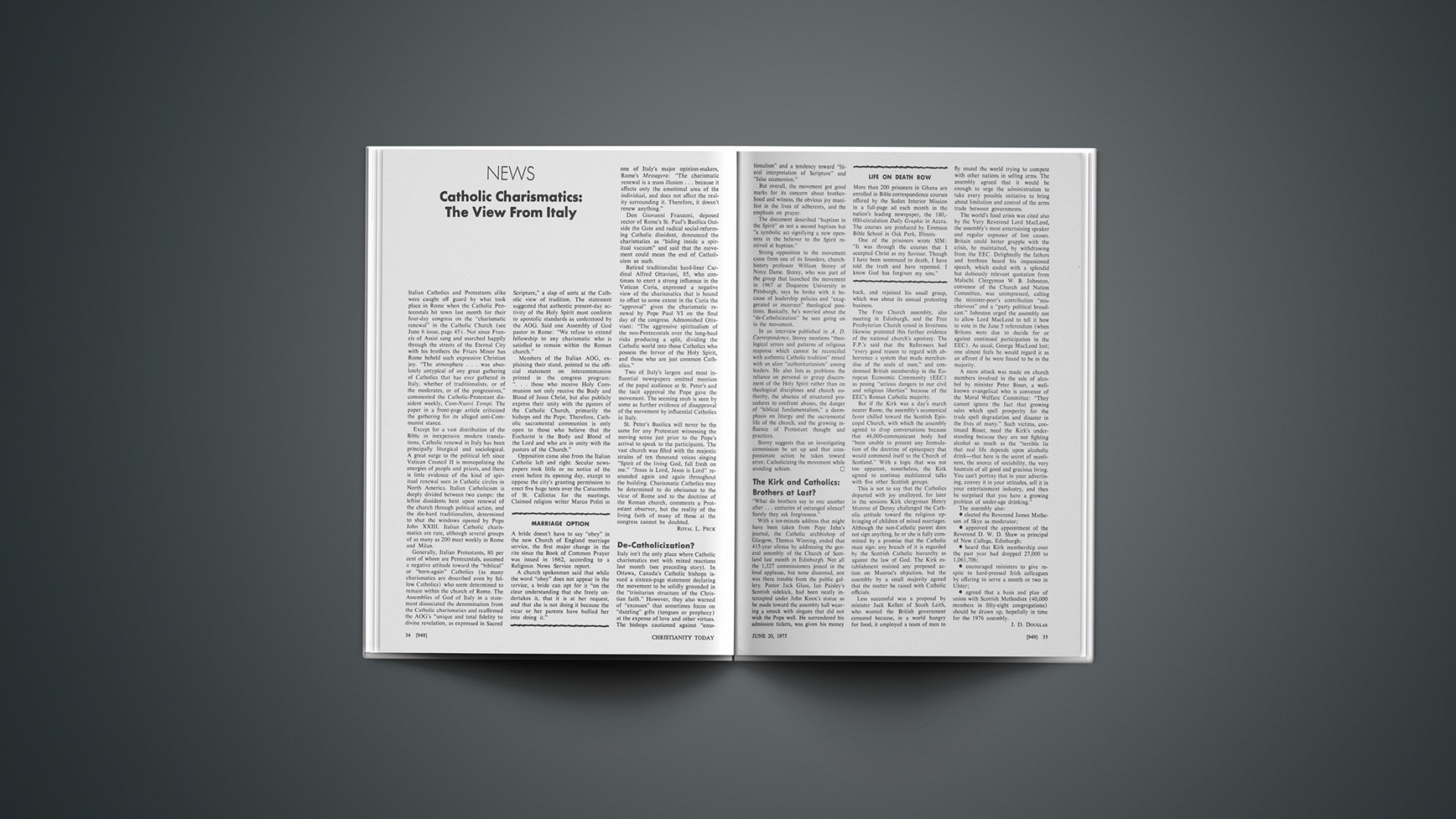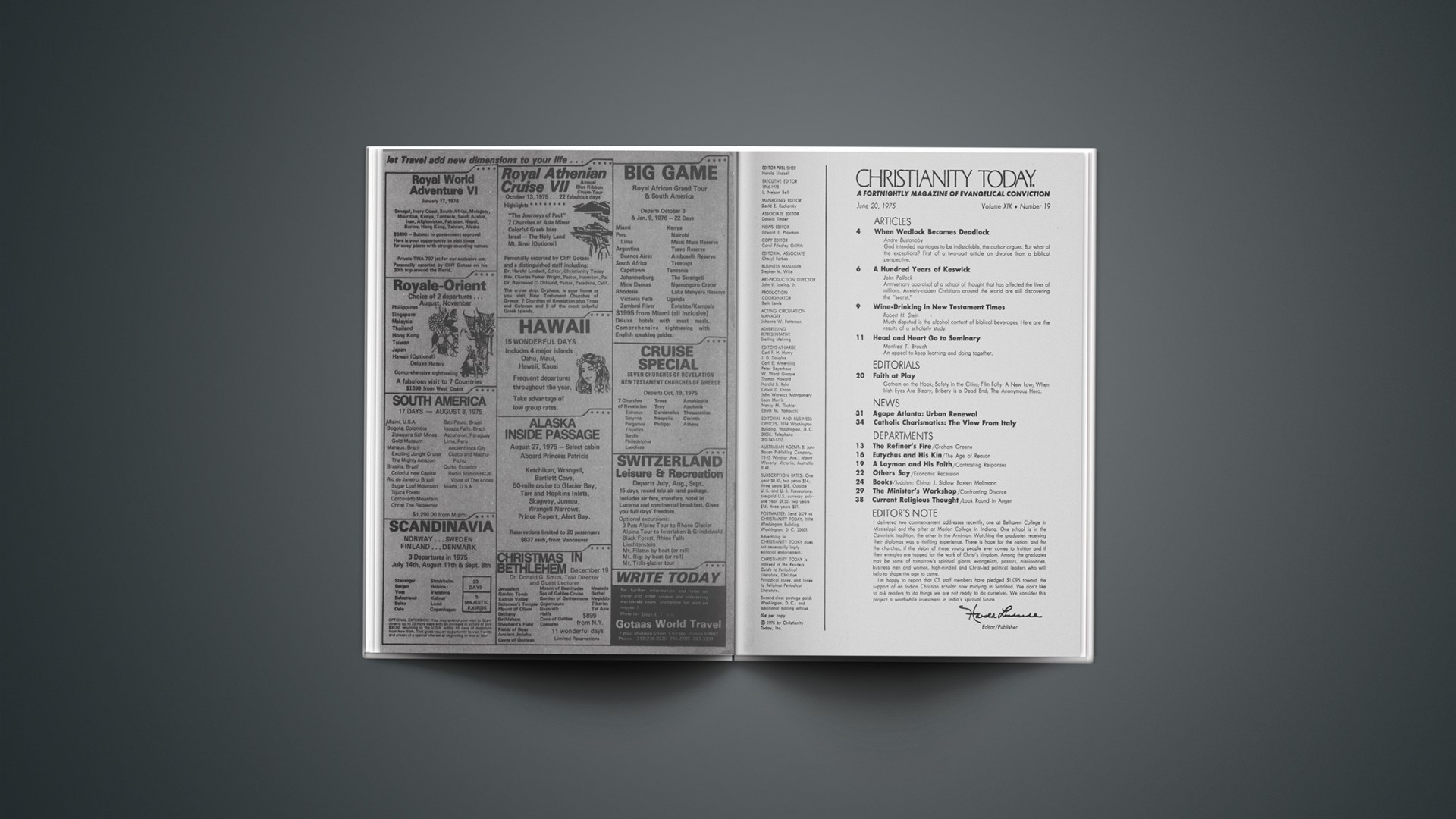The Case Of The Vanishing Victim
As any faithful reader of Georges Simenon’s Inspector Maigret series knows, most successful police work is based not on spectacular new scientific devices nor on brilliant flashes of insight but on a patient, painstaking process of going from door to door, making countless inquiries, asking all sorts of questions, gathering seemingly irrelevant details, until finally the background of the crime becomes clear to the investigator and he recognizes whodunit and why.
Unfortunately, the way crime has developed in the United States, few police departments can afford that kind of patient attention to the details of every crime. And the various scientific devices that we have developed, which were such a success at the 1974 World Police Fair in Moscow, are much more helpful for gathering personal conversations of newspaper and television reporters than for finding out who has committed crimes. (The problem, you see, is that one has to know the identity of the person in order to hook him or his surroundings up to the sophisticated devices. But if one knows the identity of the criminal, one needn’t investigate him with sophisticated devices.) According to the FBI’s Uniform Crime Reports (the one business indicator that looks consistently “better” every year), crime continues to flourish. But finances are forcing cities to cut their police forces. Mayor Became of New York City has calculated the increased time it will take for police to get to scenes of crimes for every million dollars in extra money the city doesn’t get from banks or the federal government. (Protection racket? Surely not.)
There seems to be one promising way to deal with the rising crime statistics. Legislators and criminologists have hit on the concept of “decriminalization.” If fewer types of action were declared crimes by laws, there would obviously be fewer crimes. The first targets for “decriminalization” are the offenses that a person commits supposedly against himself. Marijuana use, for example, is a “victimless crime,” in the eyes of some, and so would drunkenness be, as long as one isn’t too disorderly at the same time.
However, the limit of crimes that can properly be called “victimless” is rapidly being reached. Therefore a bold new step is called for: “devictimization.” If we can declare that many whom we have considered “victims” are not in fact such, then many more crimes can be considered “victimless,” hence “decriminalized,” and our crime statistics will drop rapidly. We might begin with murder, inasmuch as the “victim,” being already dead, need no longer concern us. If nothing else works, devictimization is one sure way to bring down the crime figures (and perhaps reduce population pressures as well).
Happy Renewer
Your May 23 issue had so many good articles in it that you made me very happy that I had renewed my subscription.
Dave Llewellyn’s excellent article on the death penalty reminded me of the discussion of the institution of slavery as practiced in the Bible by Angelina Grimke in her “Appeal to the Christian Women of the South.” (By coincidence Miss Grimke was mentioned in the Daytons’ article on women preachers.) Like Miss Grimke, Llewellyn has pointed out that many Christians often claim biblical support for an institution or a practice … without thoroughly examining (or being willing to practice) all that the Bible has to say on the subject.
Minneapolis, Minn.
Comment Contrast
I mentally composed several letters in rebuttal to Ruth Graham’s views on women’s ordination (Others Say …, June 6). And then I realized that the contrast between Virginia Mollenkott’s and Letha Scanzoni’s scholarly, thoughtful comments and Mrs. Graham’s unbelievably naïve remarks had effectively and already said it all!
La Jolla, Calif.
Misquote
In the June 6 news story, “United Presbyterians: A Clash of Polity and Doctrine,” I was quoted by James Boice. Let me say first that I have not talked to Mr. Boice. Any quote attributed to me came to him second-hand at best, and this one is not accurate. Second, I am not chairman of The Covenant Fellowship. While I held this position in the past, and am presently on the board of this organization, the present leader is Dr. M. Douglas Harper, Jr., of Houston, Texas. Third, I did not say I intended to have “my group” write an open letter to the “Southern churches” to discuss the issues. The Covenant Fellowship has a publication, The Open Letter, which goes to many Southern Presbyterians (PCUS).… Fourth, I did not say that the action of the UP Church was “an offense to decency,” nor did I say it “might kill the union plan.”
I did say that I thought it ironic that a minister in the United Presbyterian Church could disbelieve the virgin birth, bodily resurrection, vicarious atonement, and personal return of Jesus Christ—along with other cardinal doctrines—and be accepted, while at the same time he could be refused acceptance because of a conscientiously held view that the Bible does not teach the ordination of women. I did say that the action of the United Presbyterian Assembly will make it much more difficult for the plan of union with the PCUS to pass.
The Covenant Fellowship of Presbyterians
St. Louis, Mo.
Additional Editions
Thanks for the mention of my book, I Once Spoke In Tongues, in Donald Tinder’s survey (“The Holy Spirit: From Pentecost to Present,” May 9). I always find it surprising when someone interprets my book in the same way that I do. Just a note of information: Forum House, the hardback publisher, ceased operation as of September, 1974. Also, Pyramid Books is coming out with a mass paperback in August, and the Spanish Evangelical Literature Fellowship is publishing a Spanish-language edition.
Oklahoma City, Okla.
On The Contrary
C. Peter Wagner and some Fuller Seminary colleagues to the contrary (Eutychus and His Kin, May 9), I remain unpersuaded that one should correlate Scripture with some ideology—Marxist or otherwise—in the interest of relevance. To be sure, no interpreter lacks assumptions, but the Bible itself supplies the presuppositions on which it is properly understood. Scripture speaks clearly enough on the burning issue of social justice without our having to socio-politicize all it says.
Arlington, Va.
ERRATA
The name of the new president of the Evangelical Fellowship of Canada is Charles Seidenspinner, not Bidenstinner as we said in News, “Optimism in Canada,” June 6 issue.

